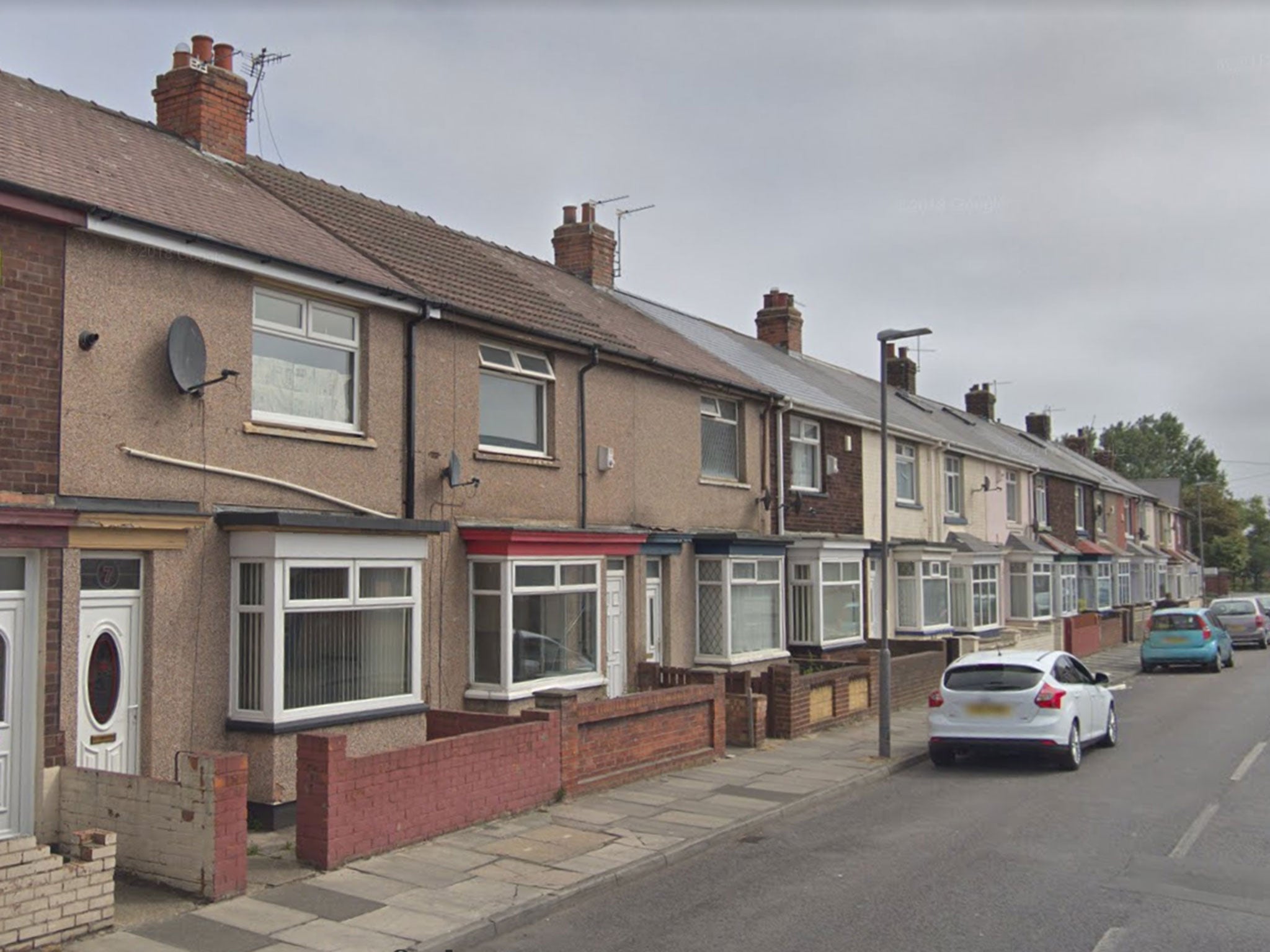Britain’s first failing police force may not be the last
Analysis: Rise of ‘neighbourhood patrols’ shows loss of public trust in policing, says Lizzie Dearden

Cleveland Police has won the unenviable title of the first police force to be rated inadequate in all areas, but it may not be the last.
The force is in the police equivalent of “special measures”, following a damning report detailing failings to prevent crime, protect the public, catch criminals or fight internal corruption.
The findings of HM Inspectorate of Constabulary and Fire and Rescue Services (HMICFRS) will not be news to the residents of Hartlepool, who started their own “neighbourhood patrols” last year.
“We just want to try and make our area safer, the police don’t come out,” one man said, amid accusations of vigilantism.
A local councillor told The Independent that theft and vehicle crime seemed to be on the rise in the Foggy Furze district, adding: “People have voiced concerns that they report a crime and nothing seems to happen – it’s a couple of days before they get any sort of feedback.”
Similar groups have started up across Britain amid waning trust in the ability of police forces to keep them safe, including in Southampton, Birmingham and Teesside.
At the time, Cleveland Police officers claimed they were “doing the best with what we’ve got” after their ranks were cut by 500 in years of budget cuts.
But the HMICFRS report suggests that might not be the case.
The watchdog said Cleveland Police did not understand the demand it was facing or what the public wants, meaning it was putting money in the wrong places.
Resources had been taken out of neighbourhood policing, leaving units “without a clear plan or direction”, and failing to prevent crime or the anti-social behaviour that is of huge importance to residents.
Inspectors also accused Cleveland Police of treating its own force badly, seeing a “lack of ethical behaviour” from leaders and failing to root out corruption after a series of scandals.
The force’s myriad issues may be a uniquely toxic mix, but inspections show it is far from the only one struggling.
A group of 14 other inspections released on Friday showed that Northamptonshire was also rated inadequate for efficiency, while the Metropolitan Police, North Yorkshire, Northamptonshire, Northumbria, Surrey, Warwickshire and West Mercia require improvement in some areas.
Inspectors said performance was deteriorating across the board because of a mix of government budget cuts and the rising crime demand and complexity.
They said police were finding it harder to solve crime and protect the vulnerable, and that the pressure was putting officers under more stress.
After years of ignoring calls to reverse budget cuts and denying a link to rising crime, the government has started putting more money into policing.
Boris Johnson has championed his pledge to recruit 20,000 extra police officers, but the three-year timeframe will itself put more strain on the system.
The policy was not scoped or fully planned out, meaning that police leaders are only now working out how the officers should be trained and how they should be spread through roles, ranks and regions.
HMICFRS said it would be “naive to think that just adding 20,000 people to the payroll will solve all the problems policing is facing”.
Time will tell whether the government’s abrupt about-turn will solve the crisis, or whether more forces will join Cleveland in utterly failing the public.
Bookmark popover
Removed from bookmarks